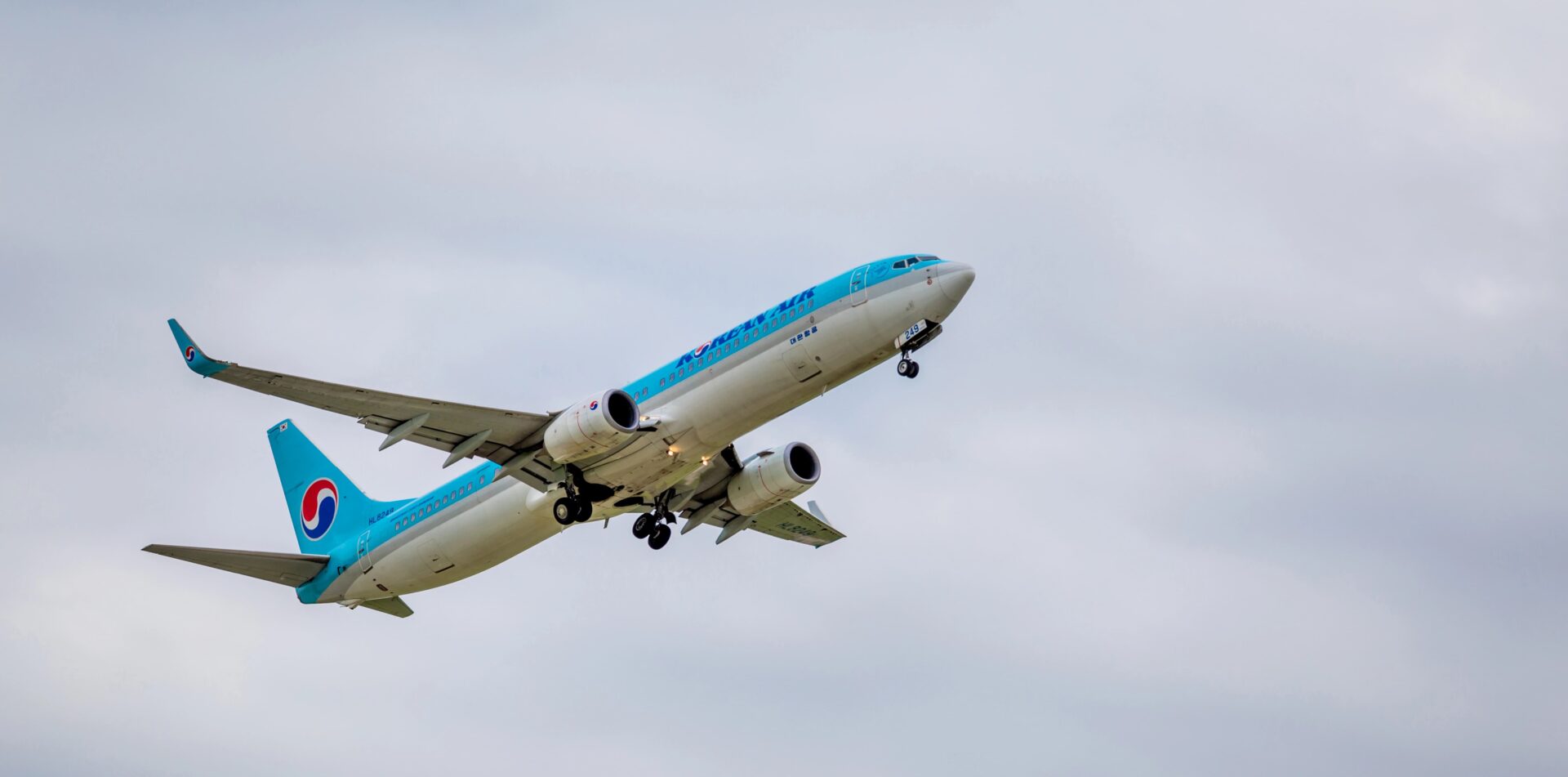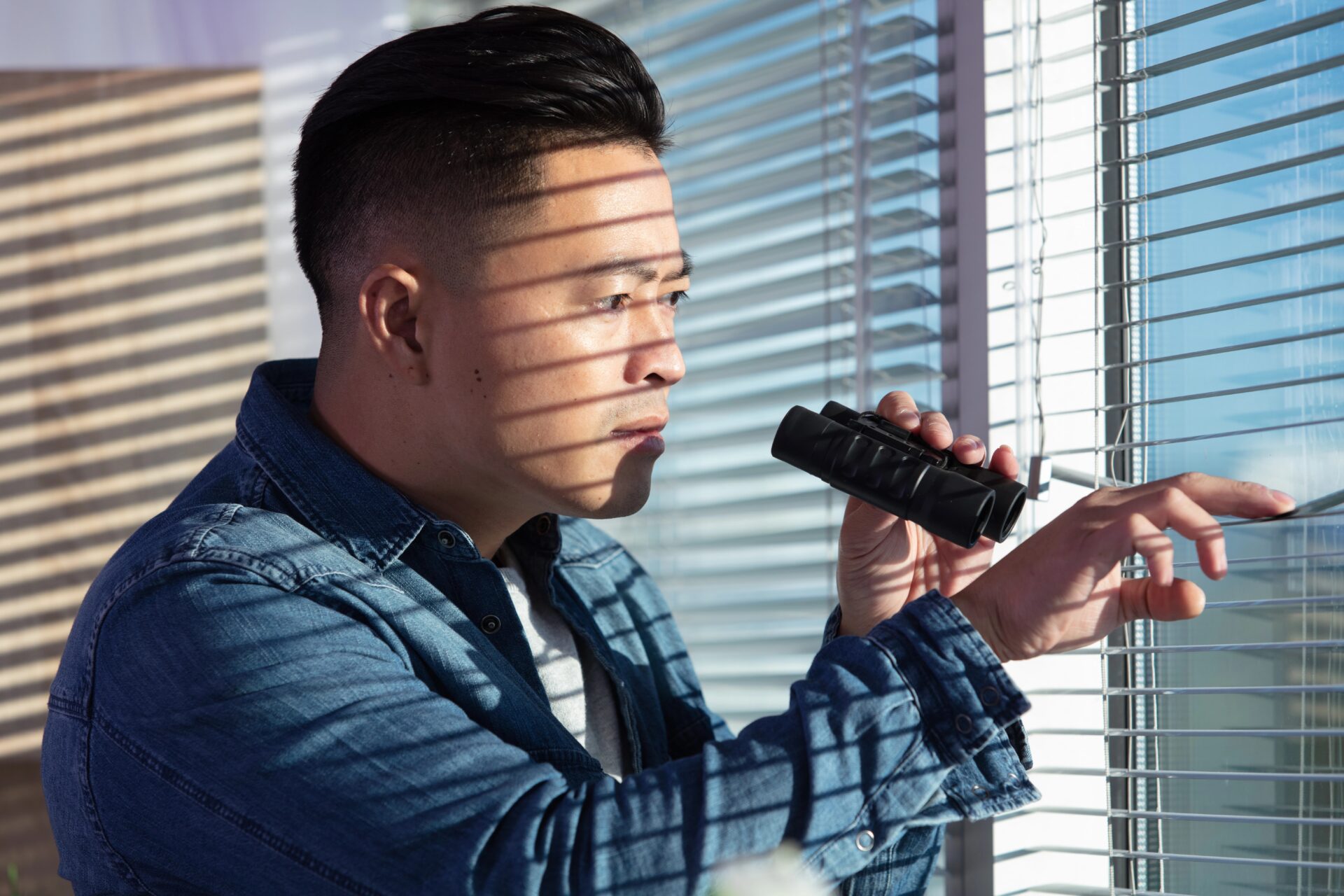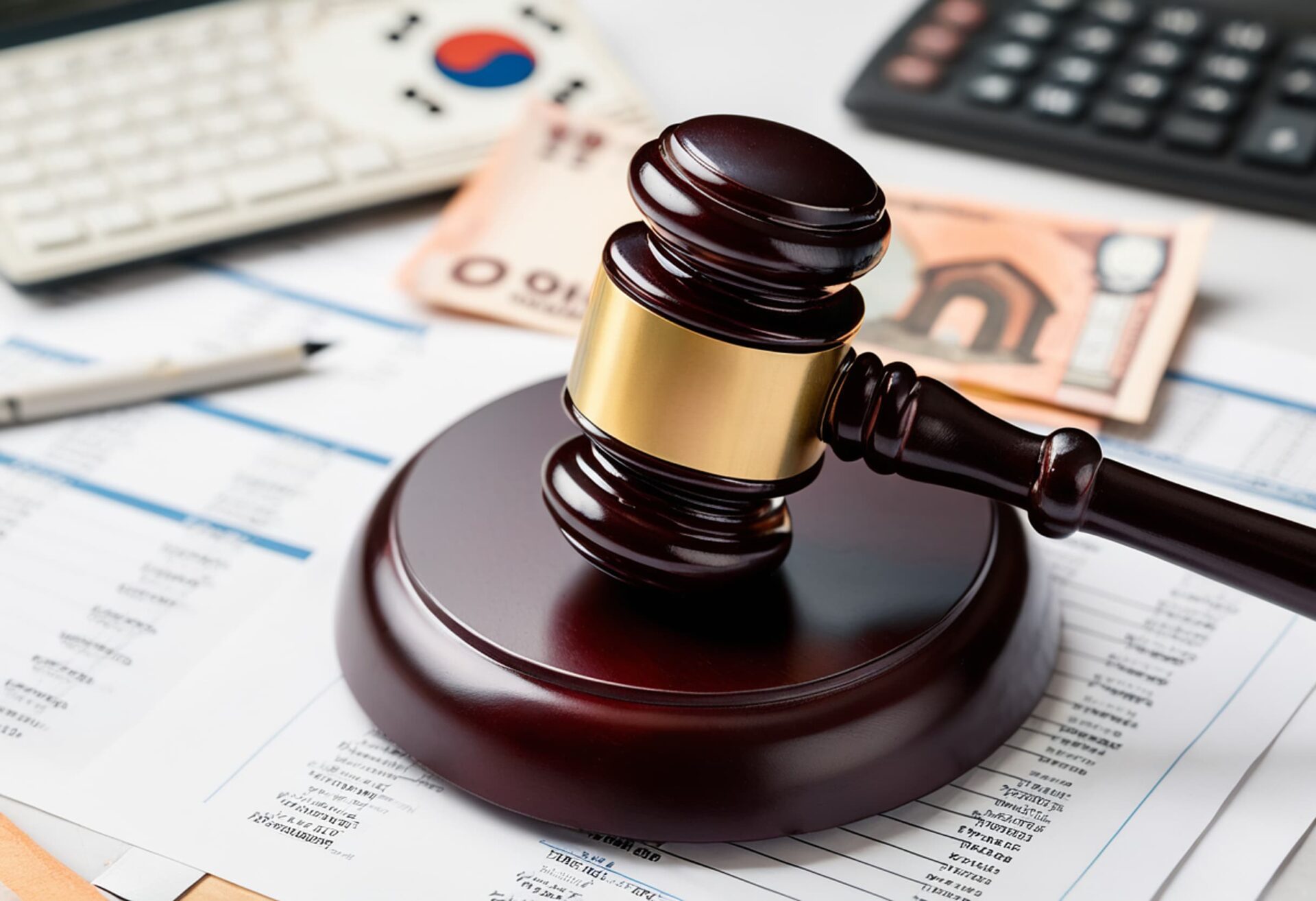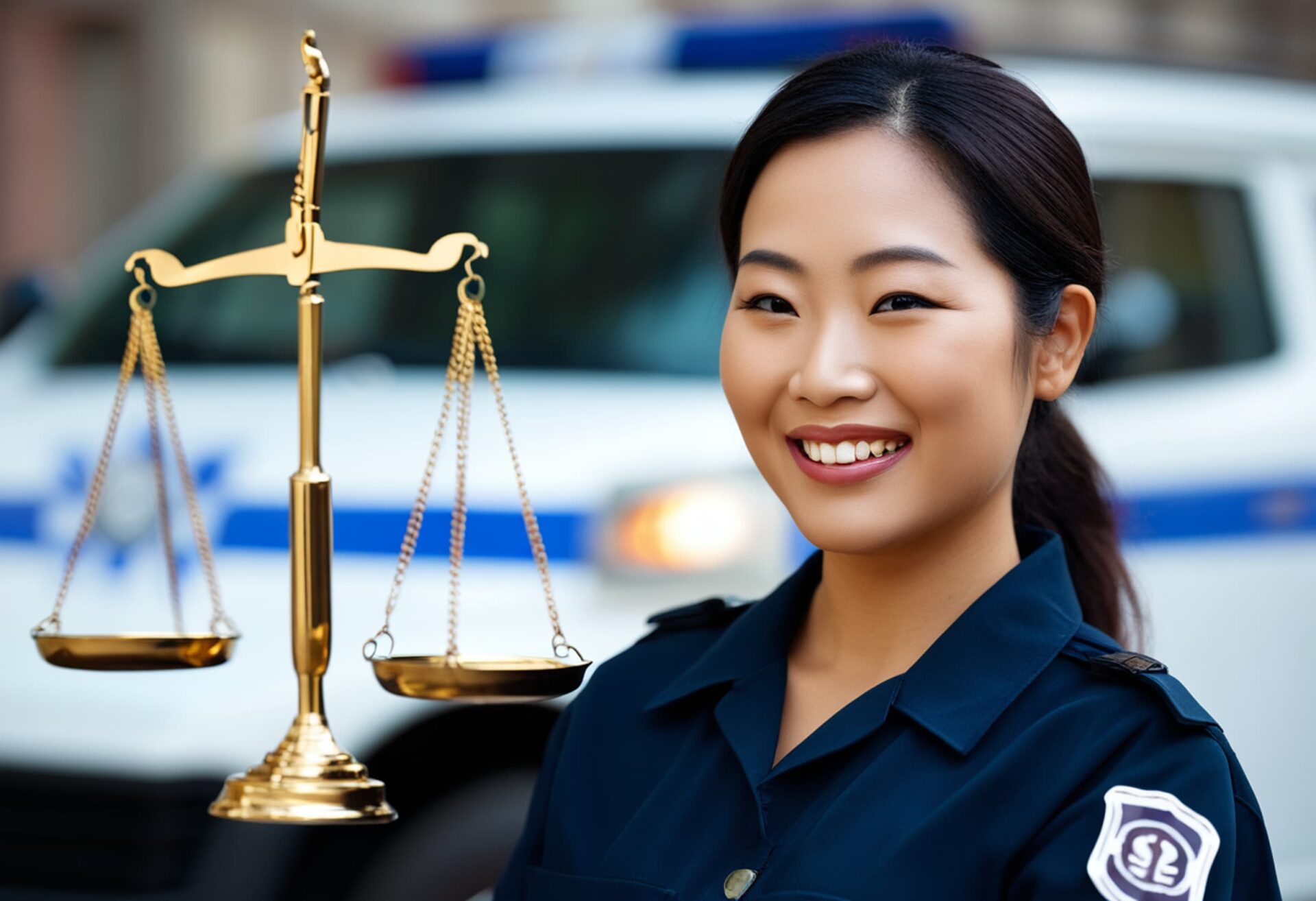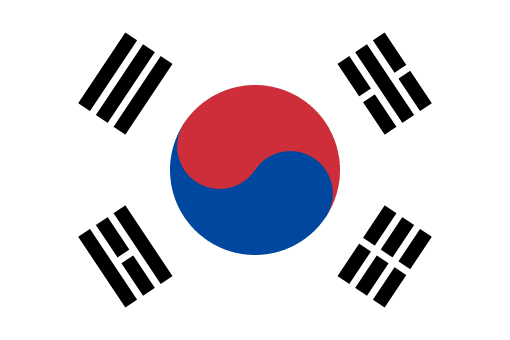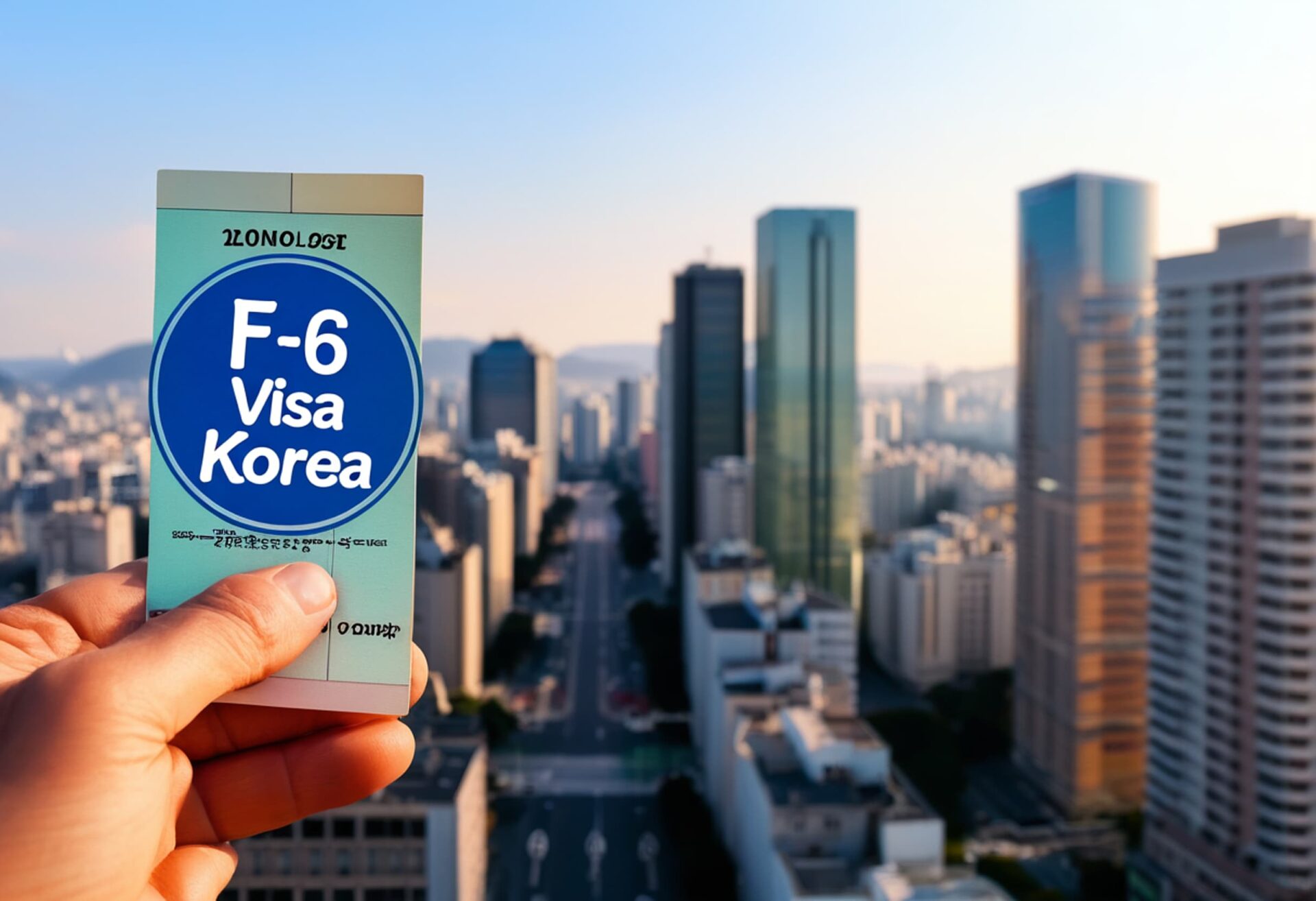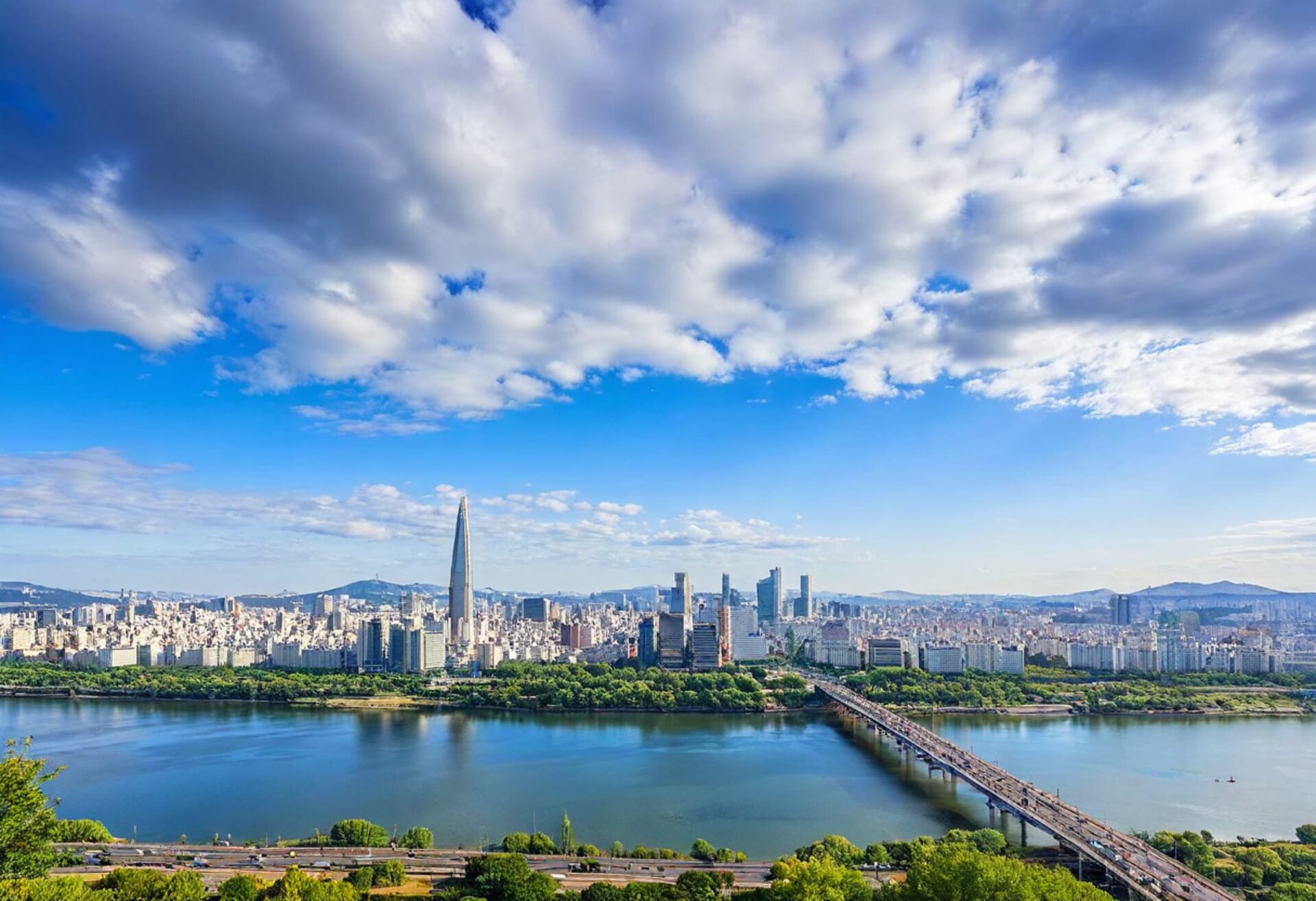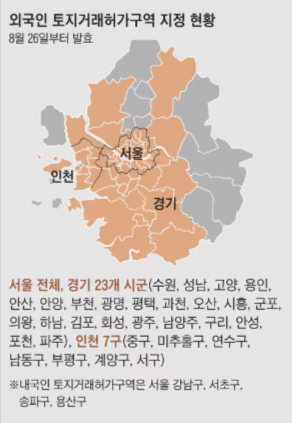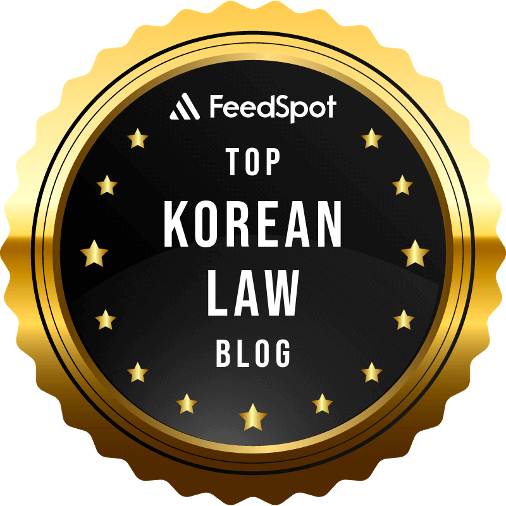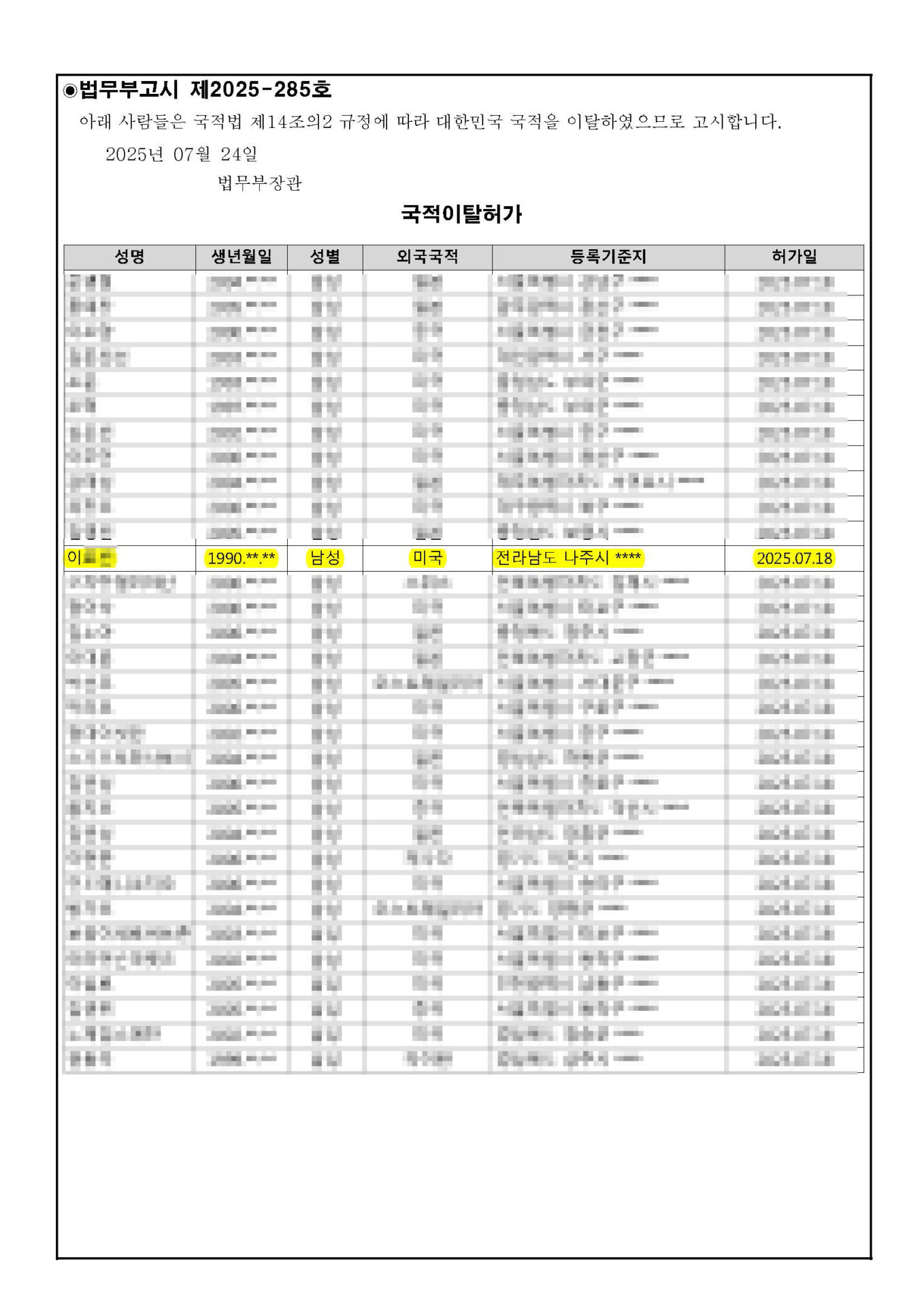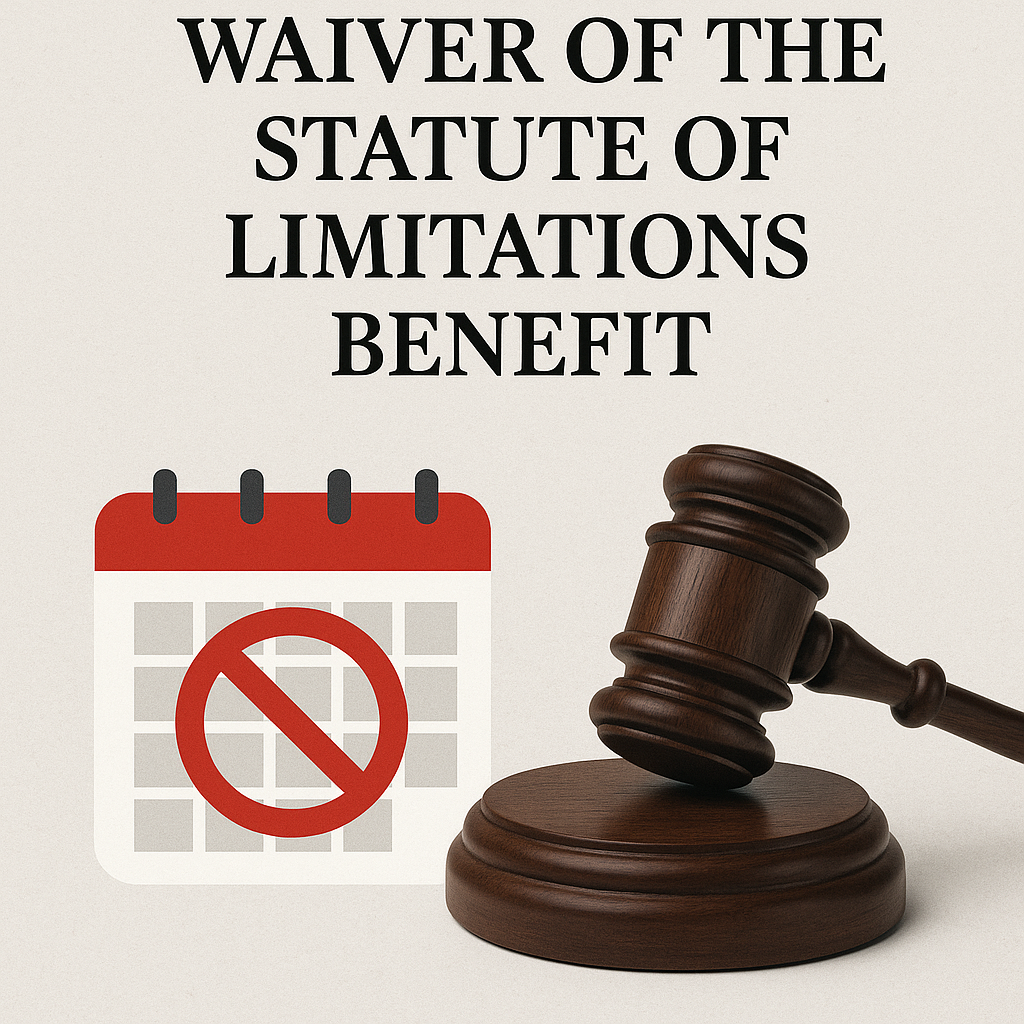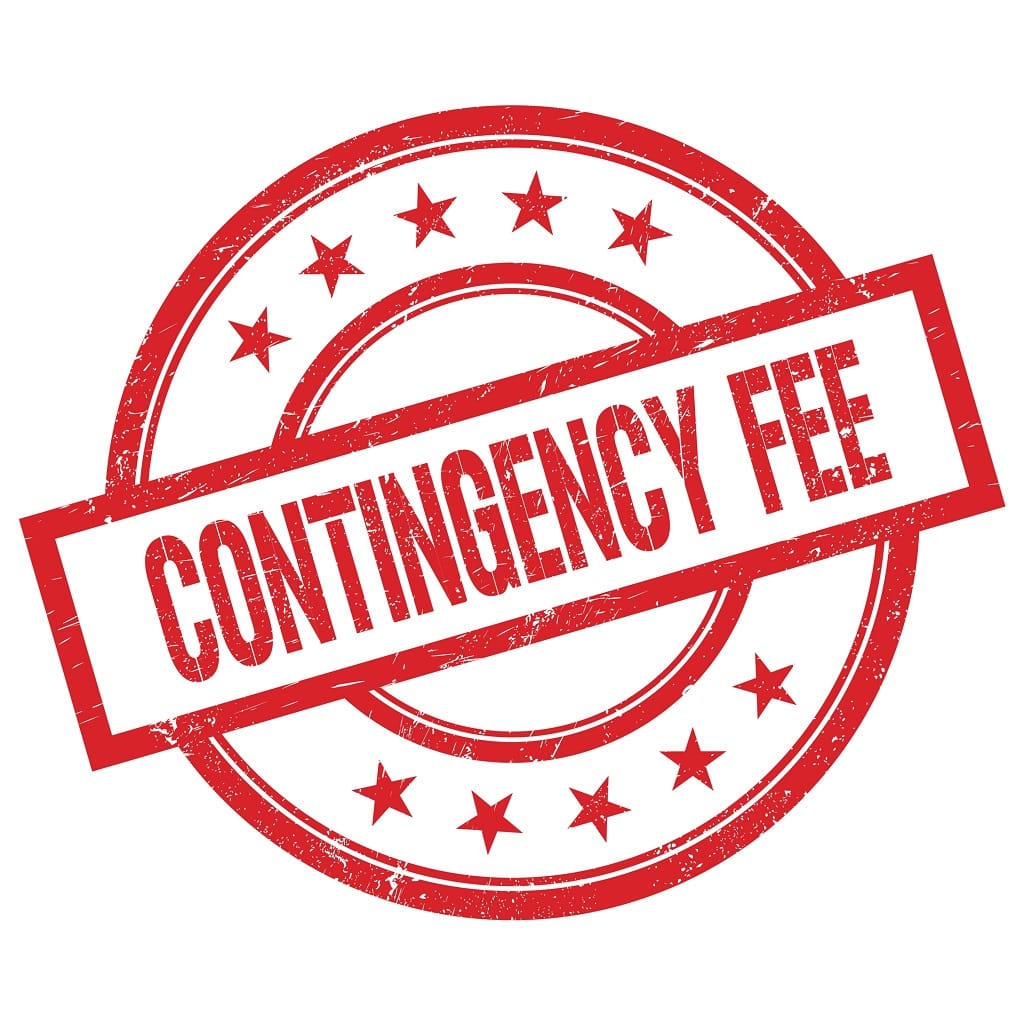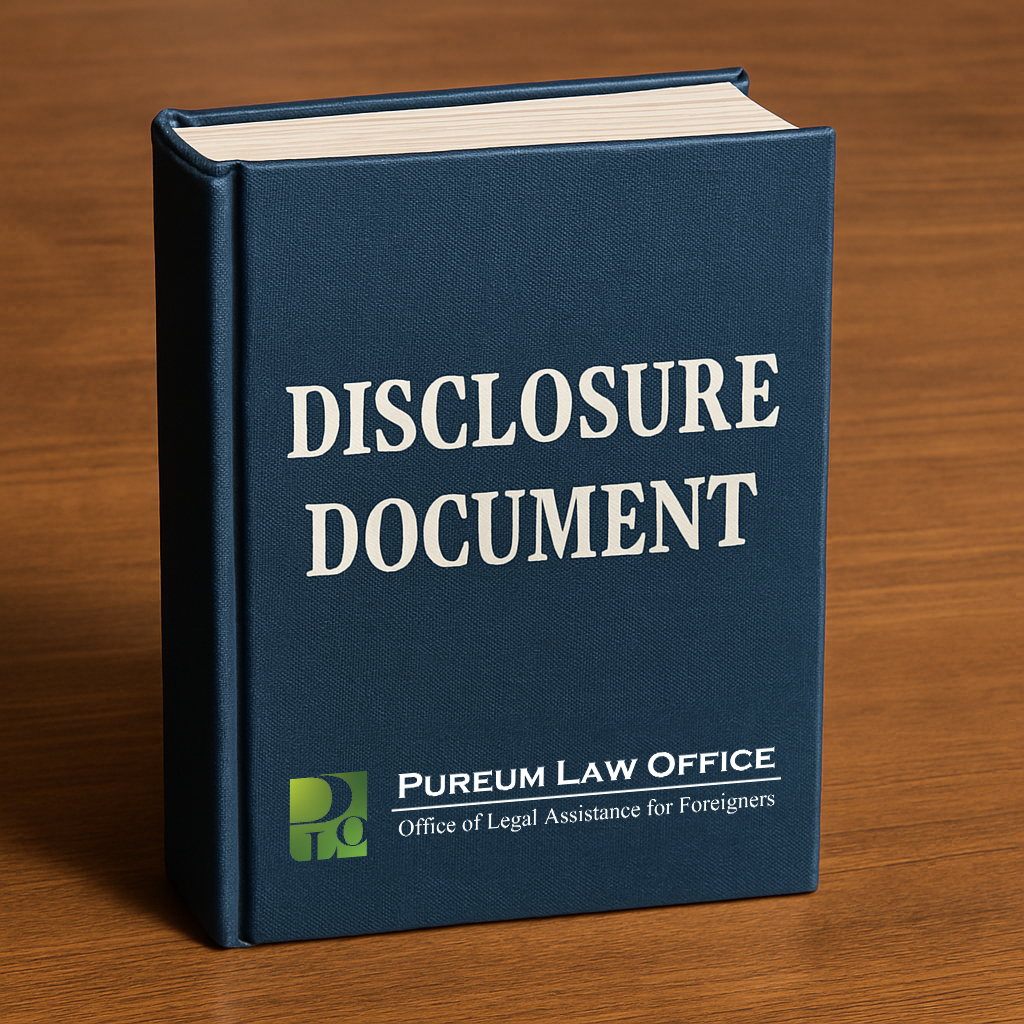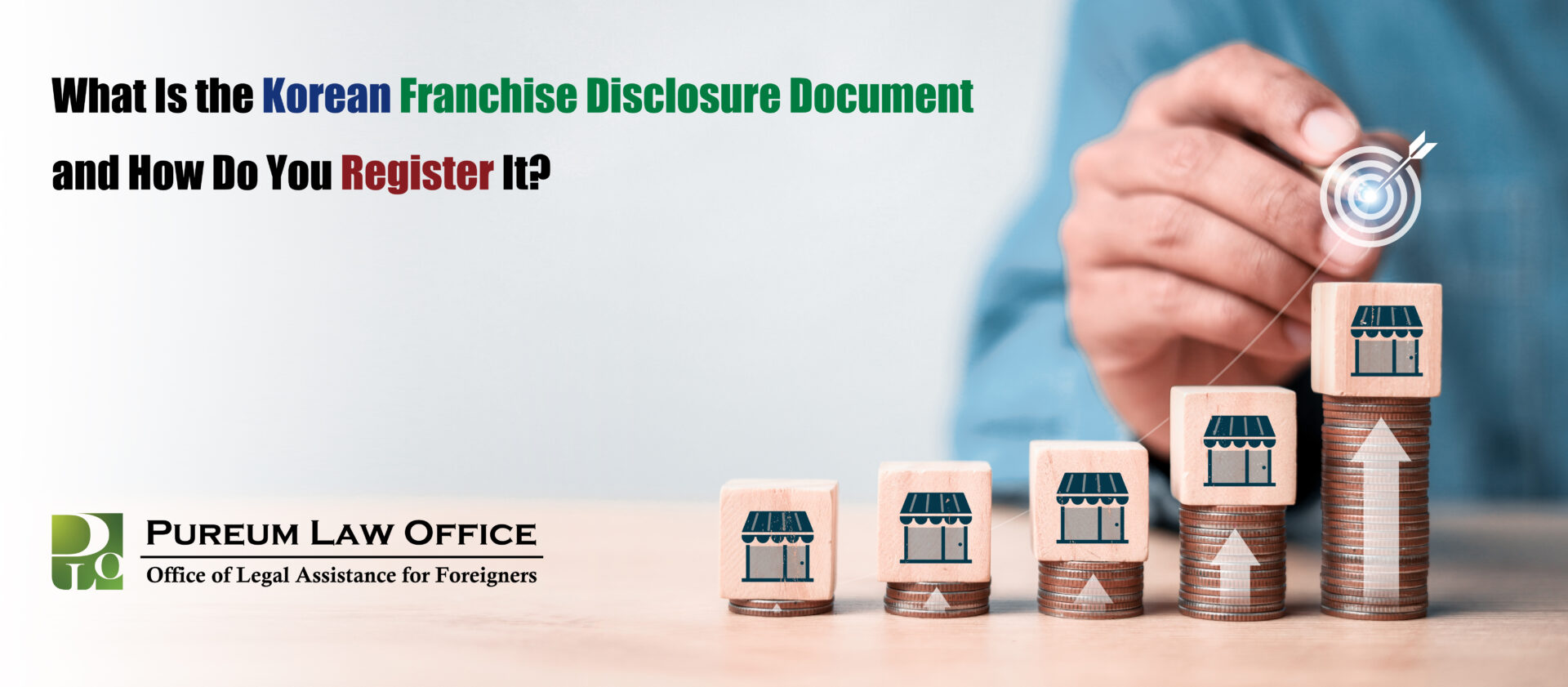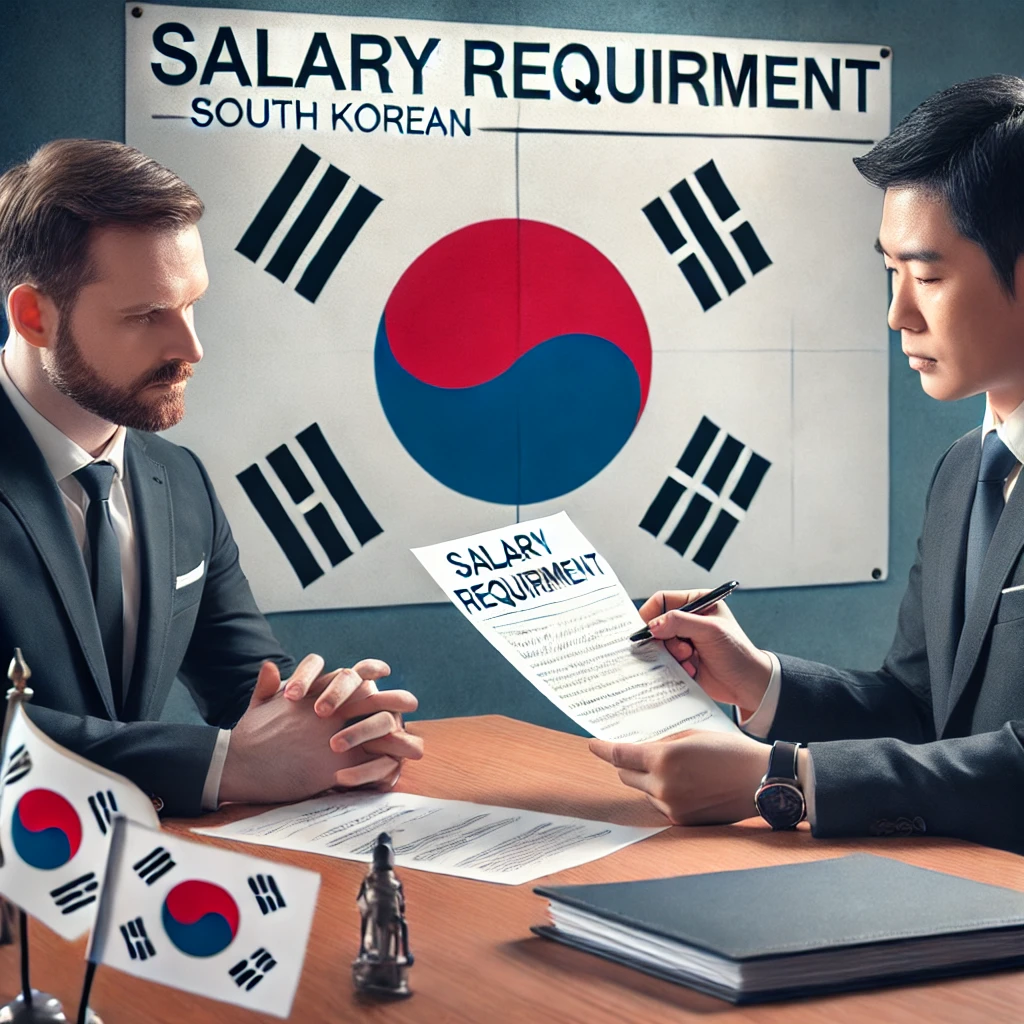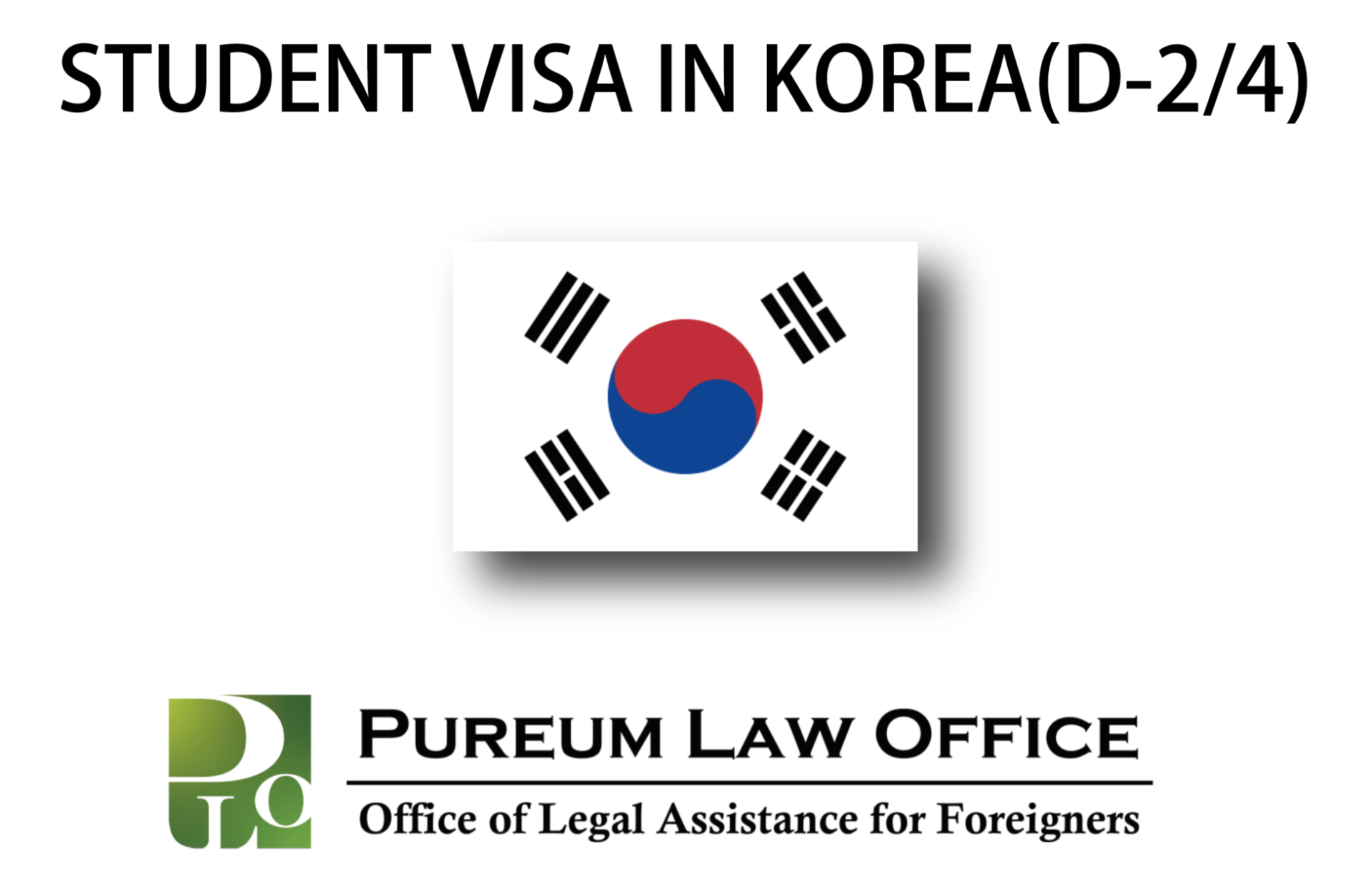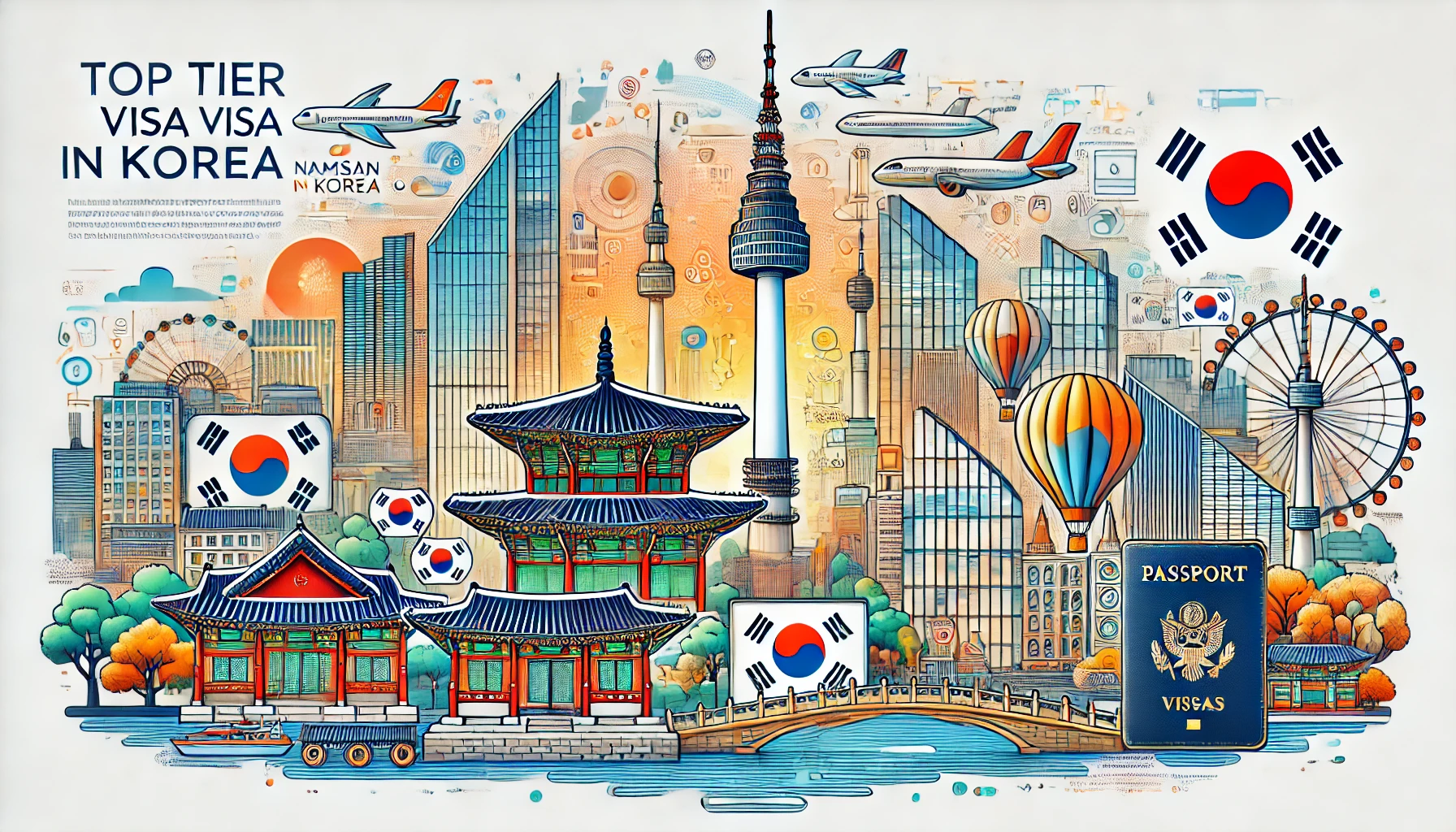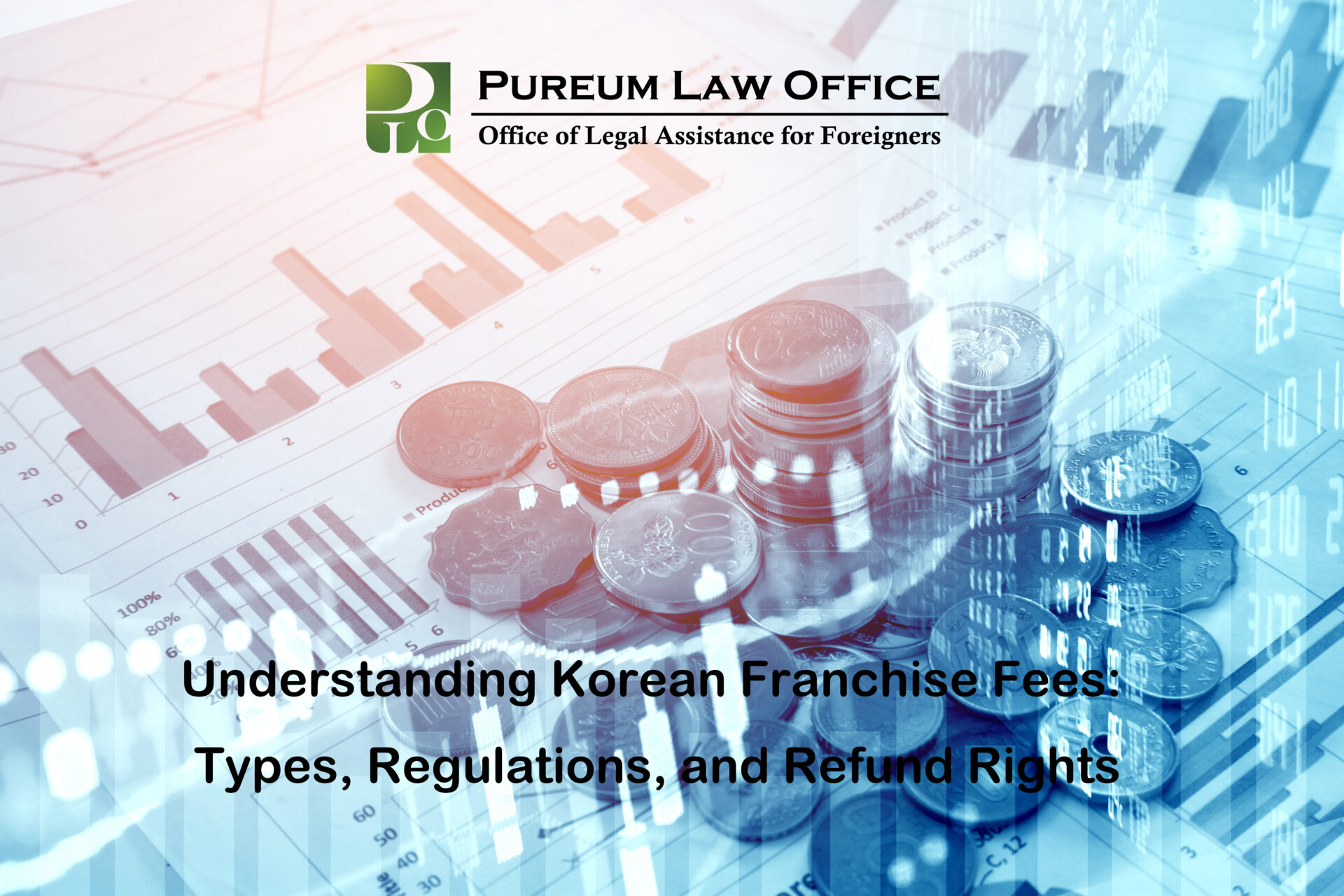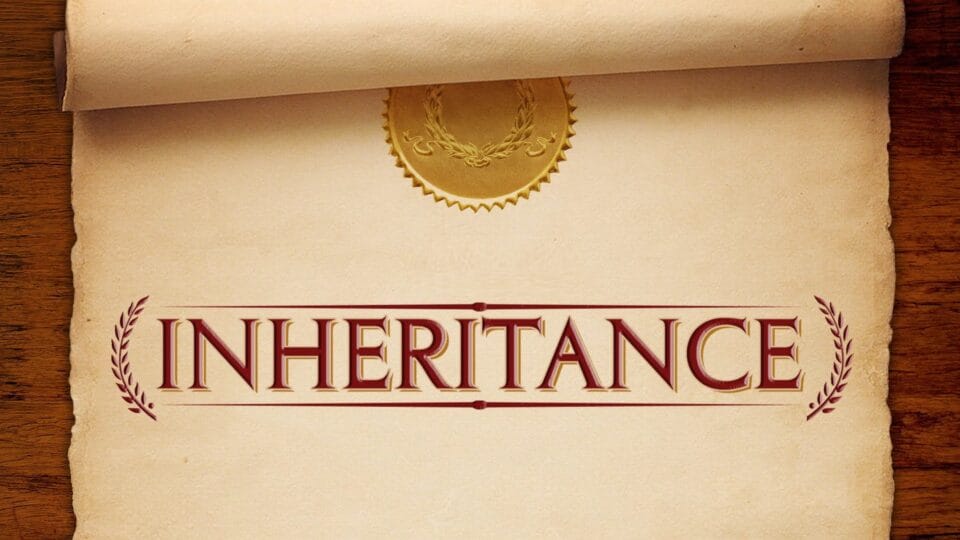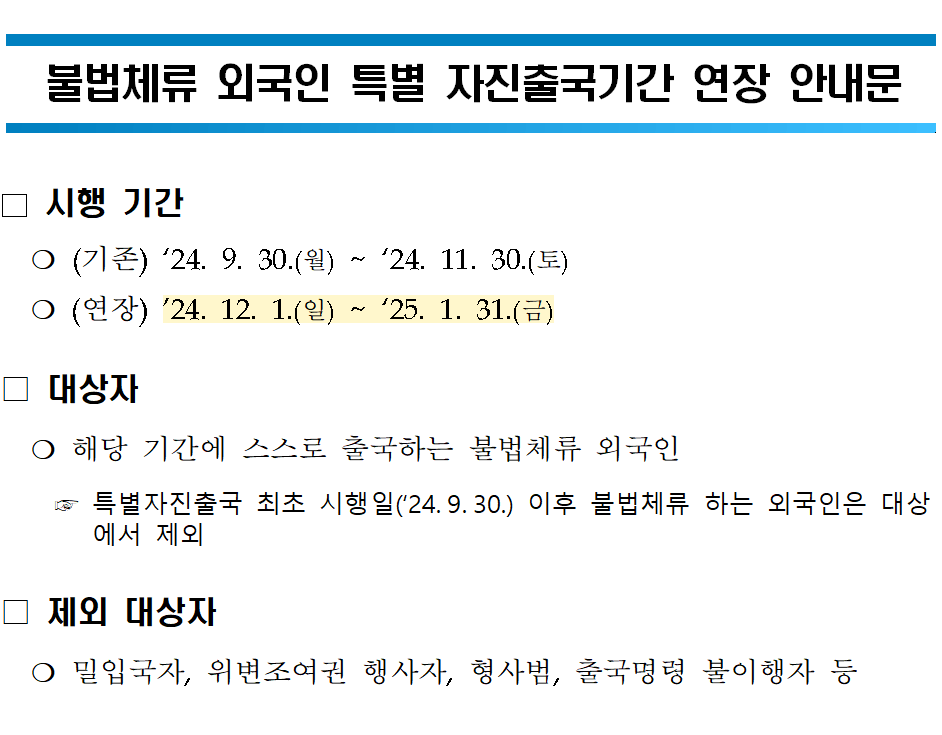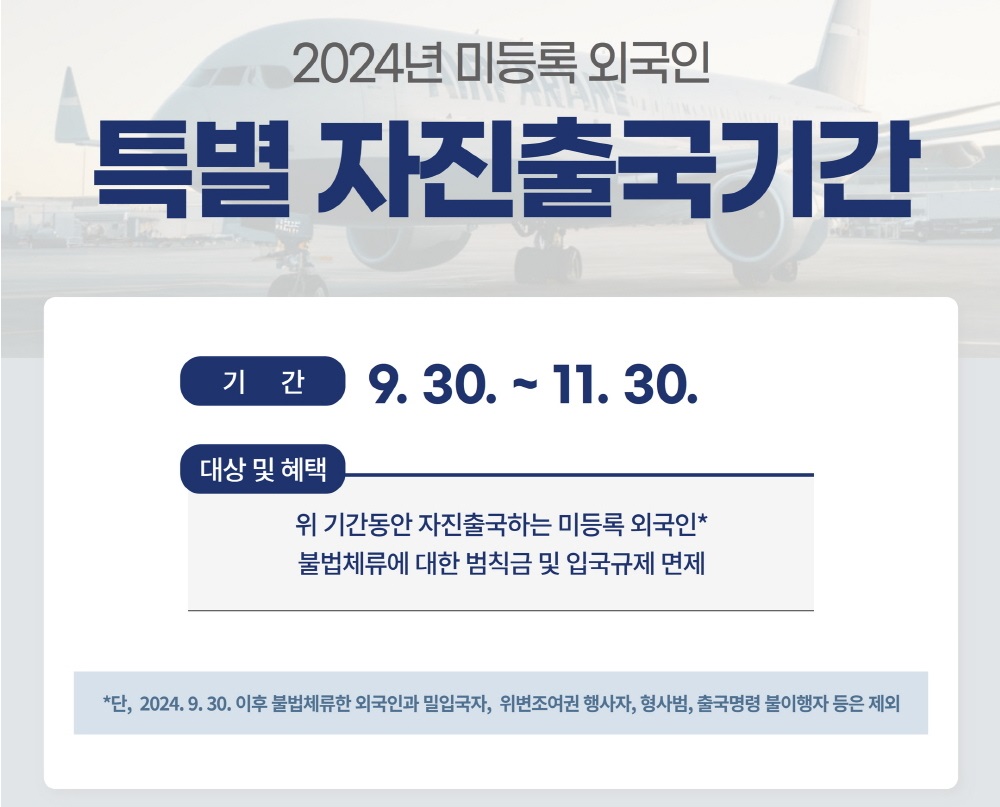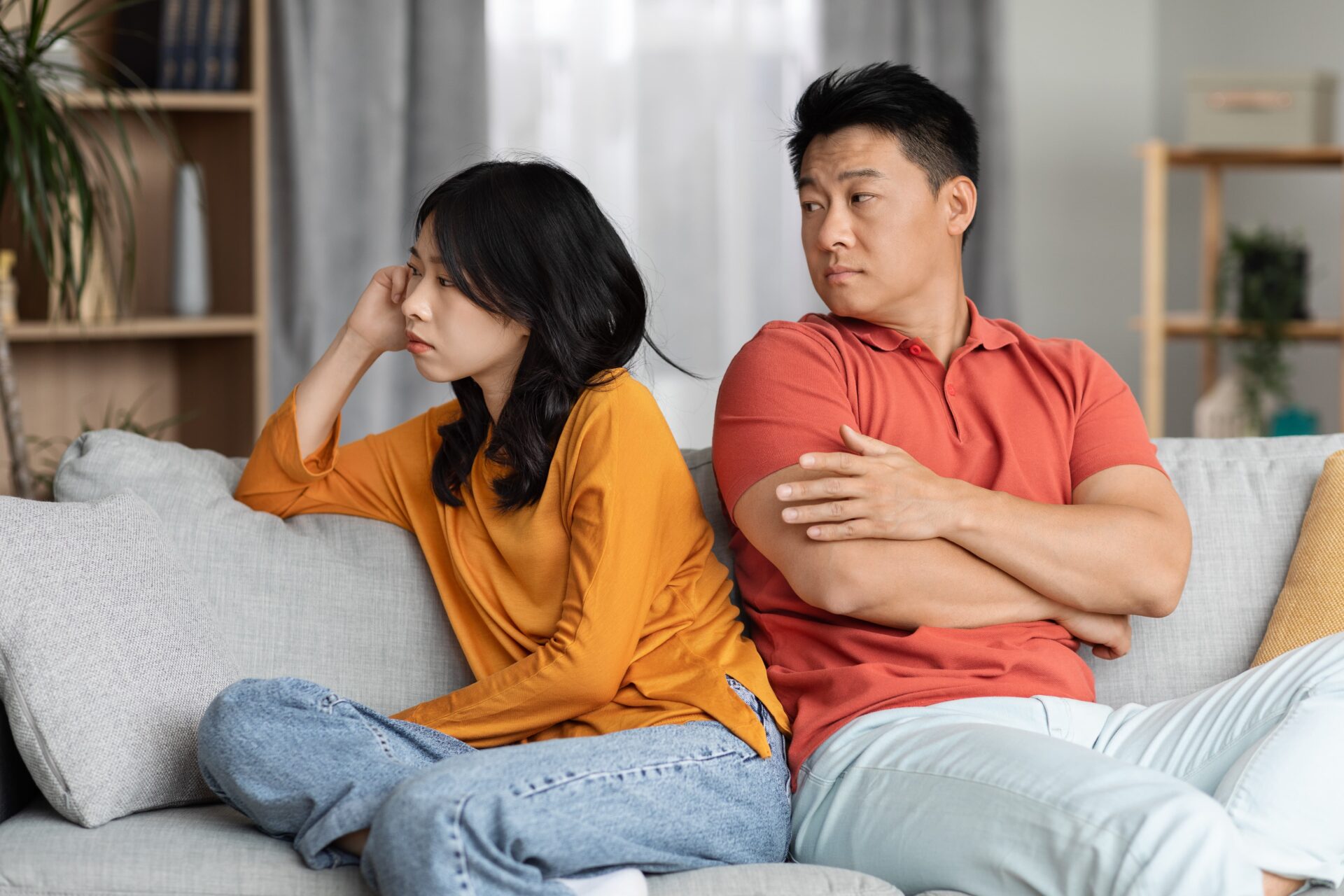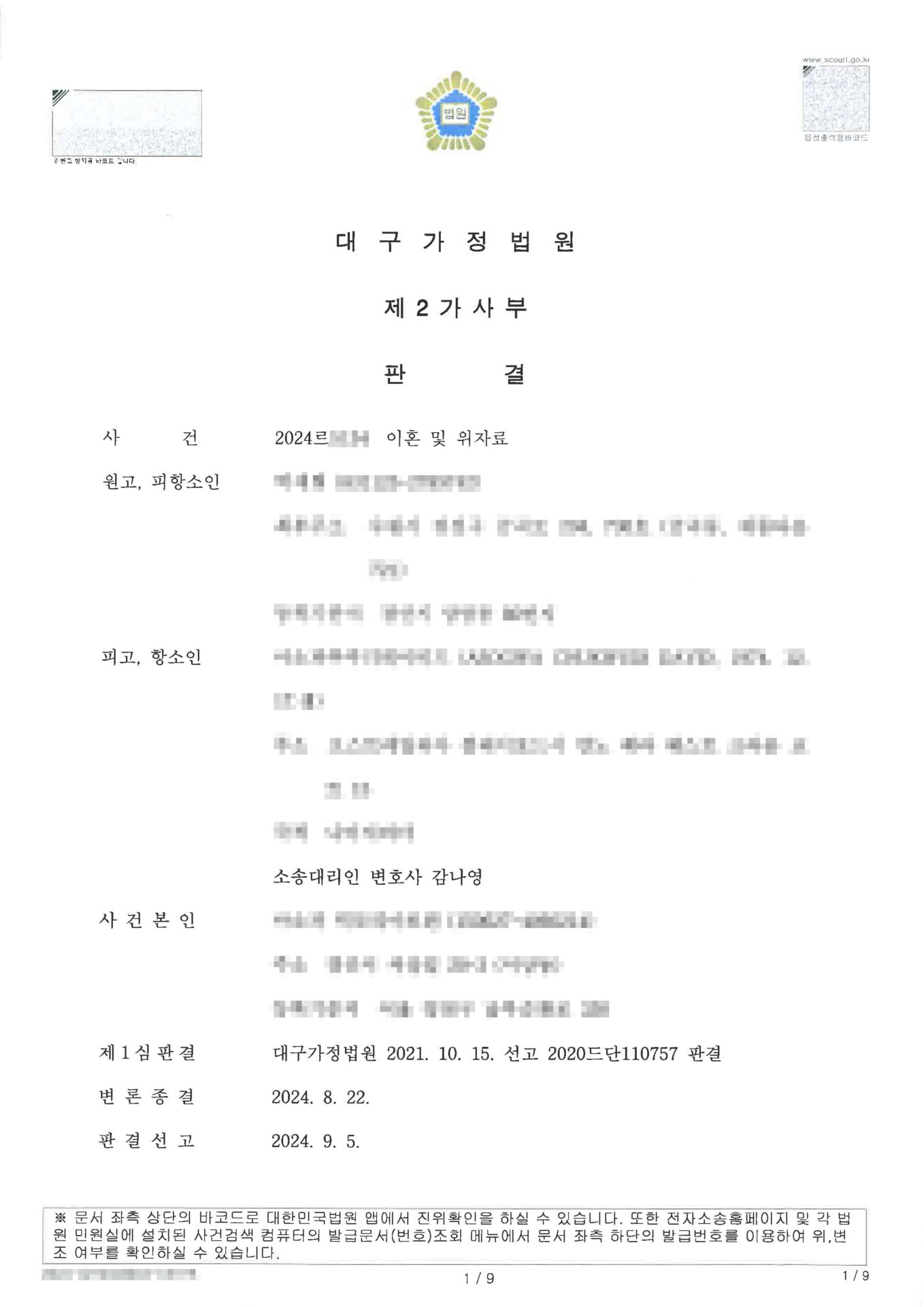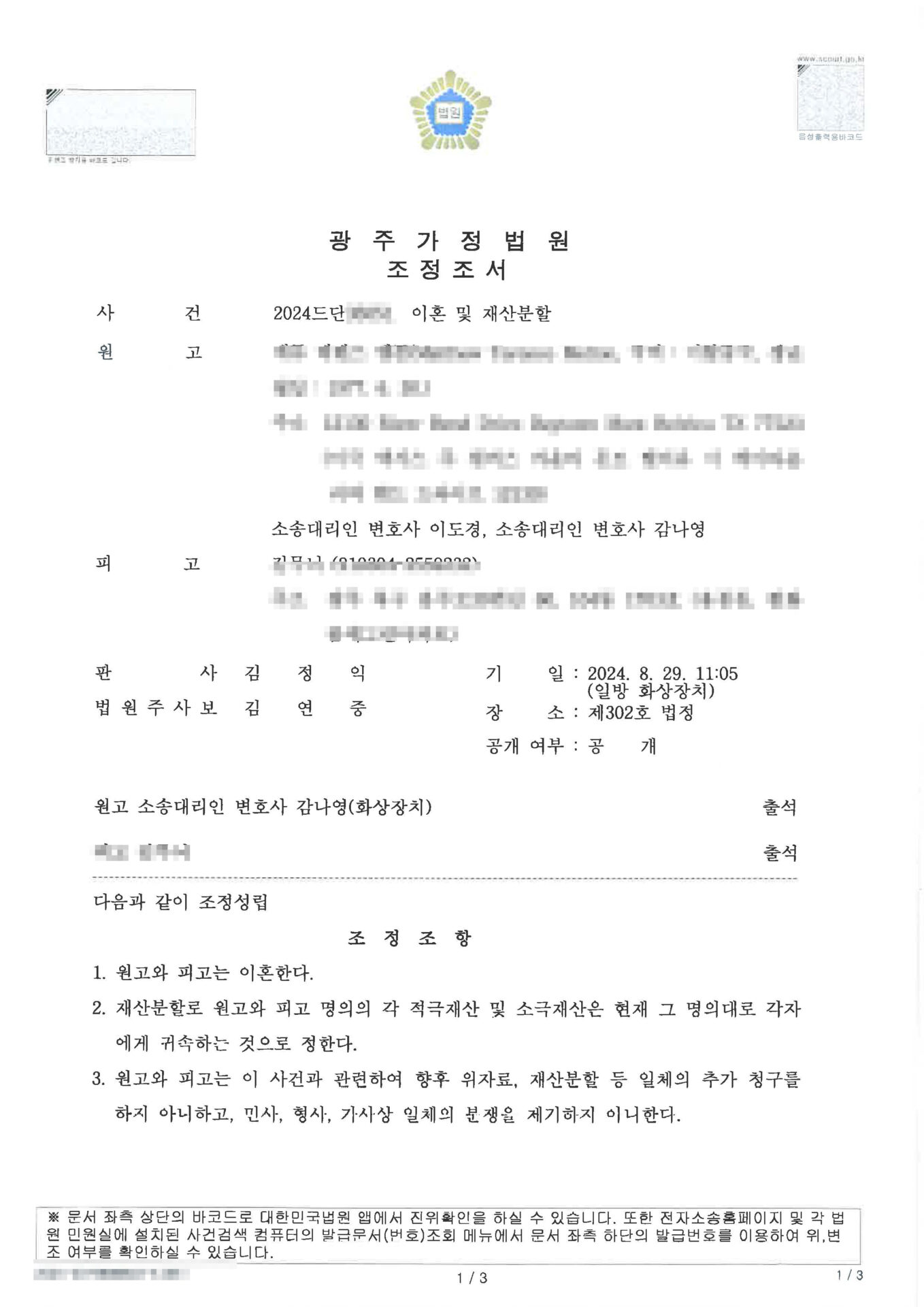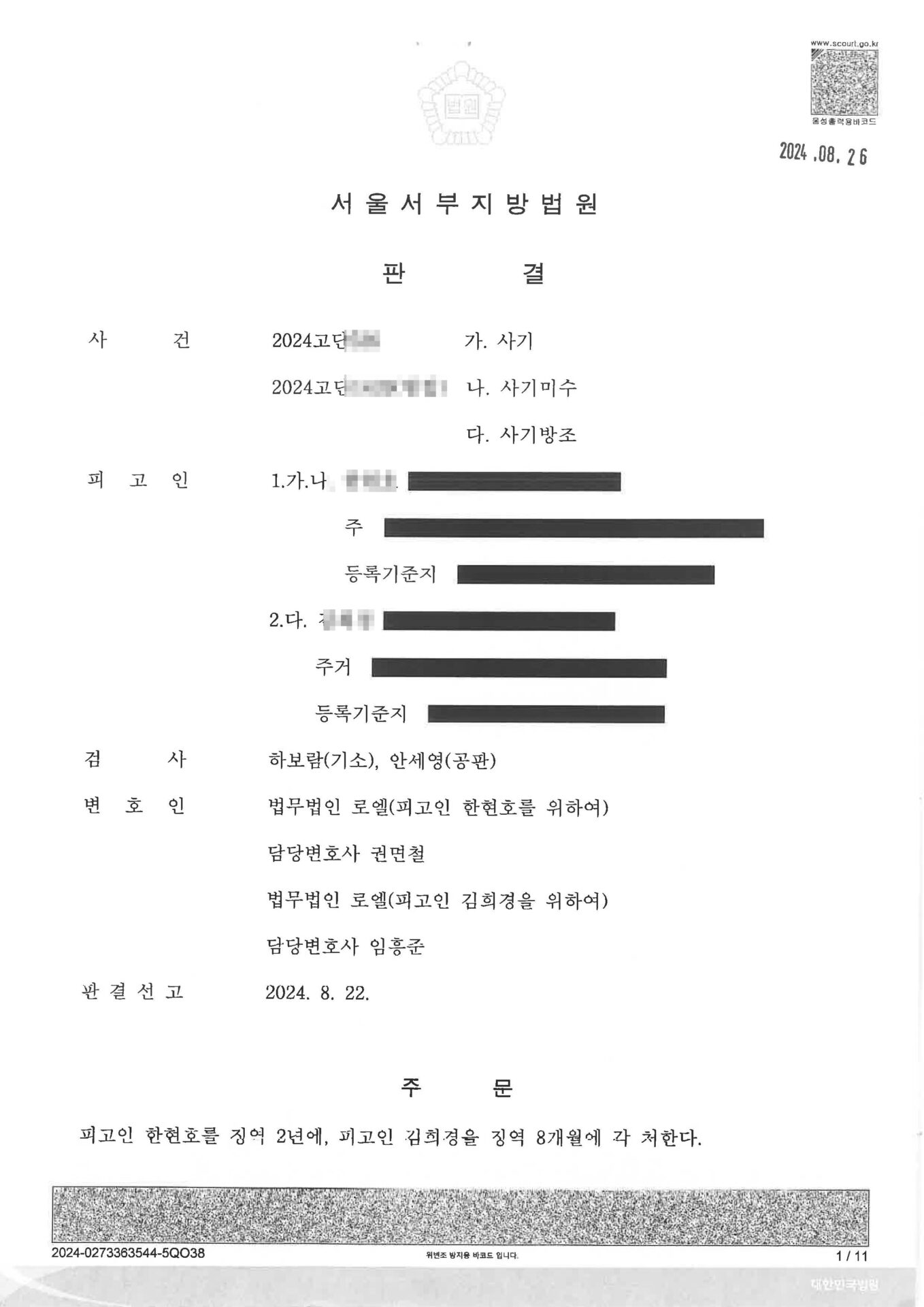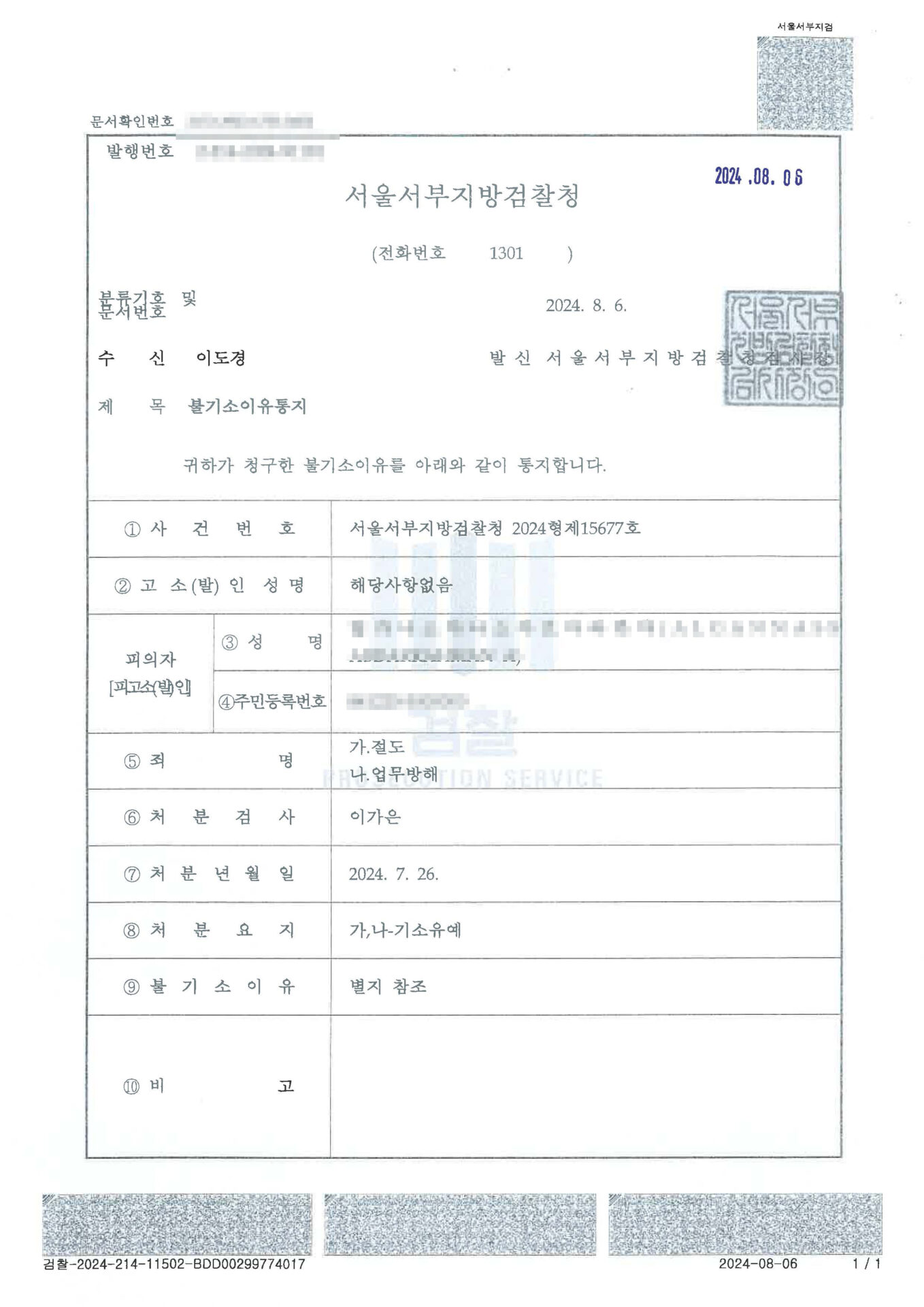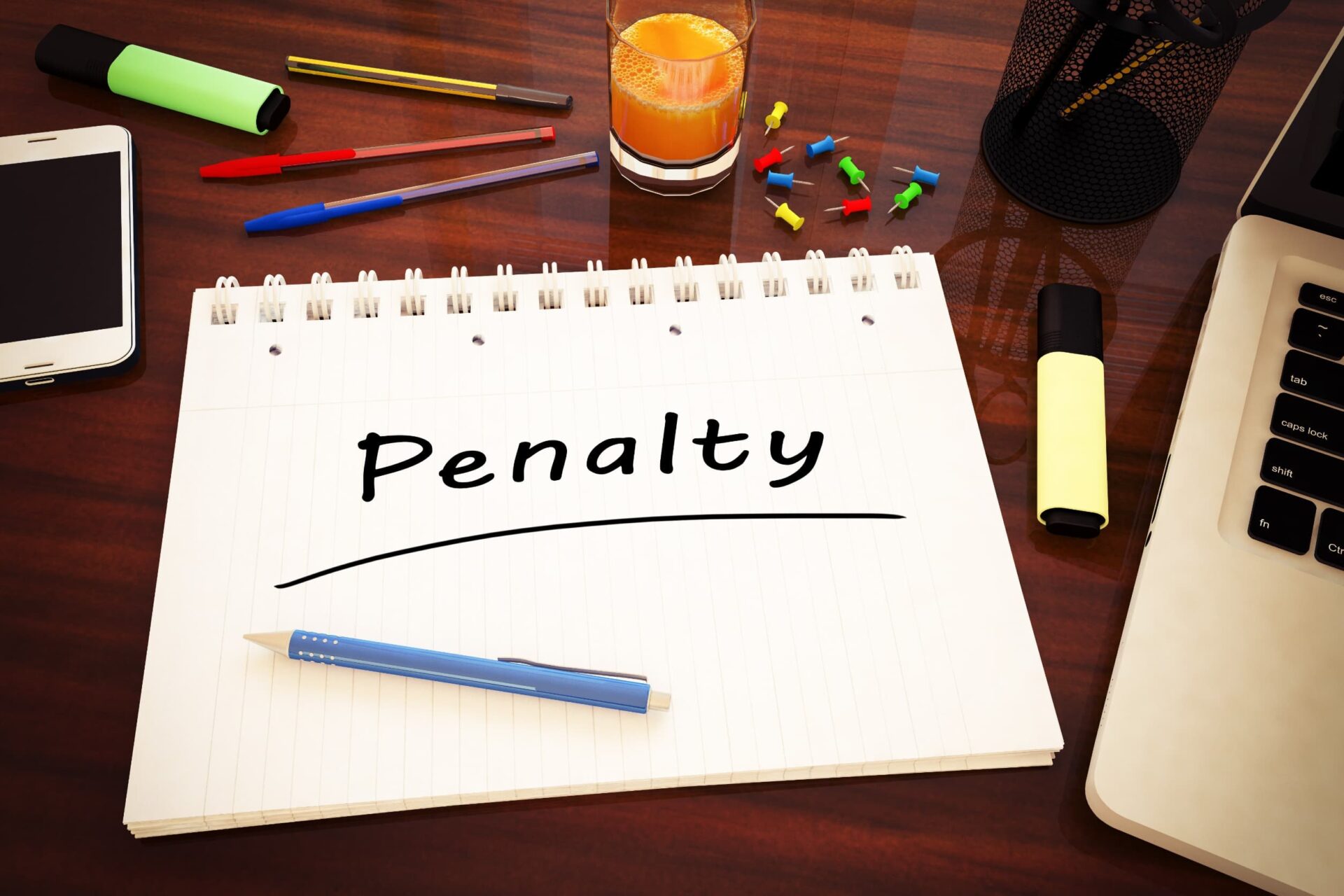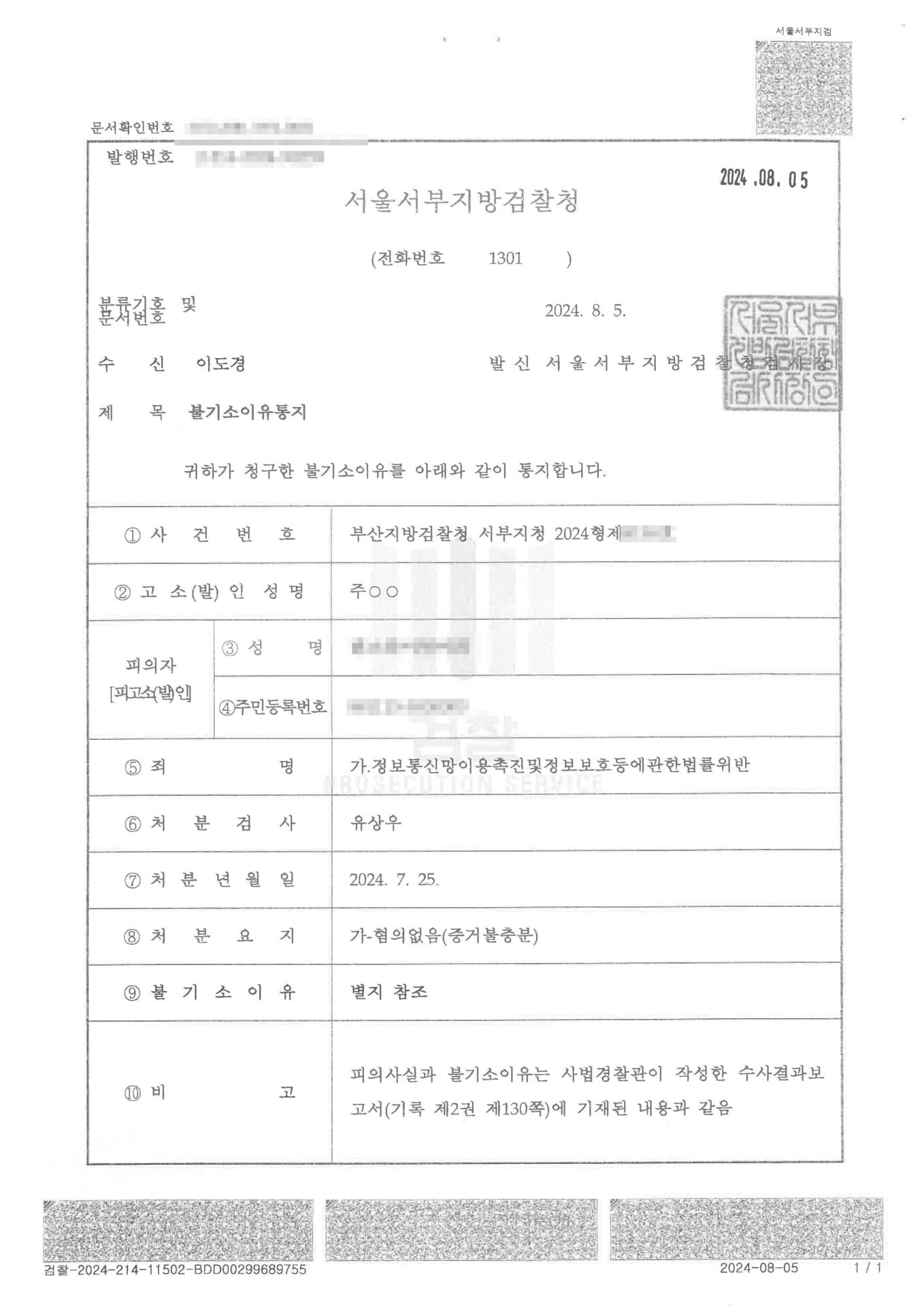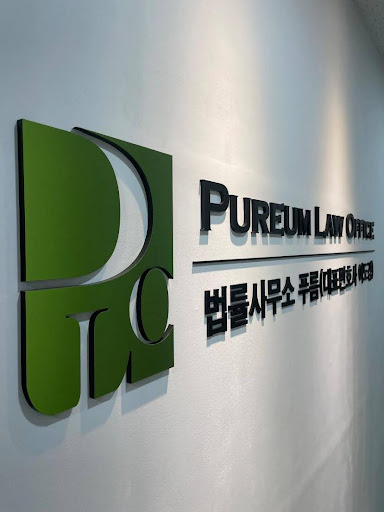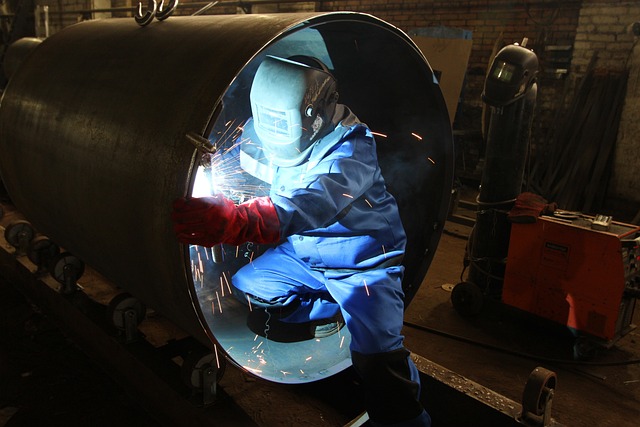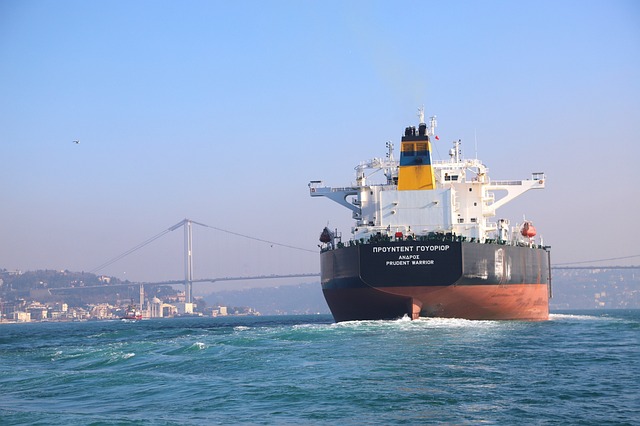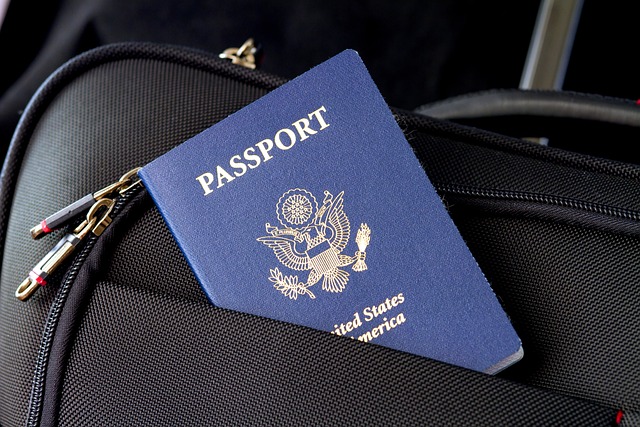Labor Act Protections for Foreign Workers in South Korea
Working in South Korea offers exciting opportunities alongside unique challenges. If you are a foreign worker in the Republic of Korea (ROK), understanding the laws that protect your employment rights is essential. Korea’s Labor Standards Act serves as the primary framework governing employment conditions, including dismissal protections, remedies for unfair treatment, and worker classifications. Pureum Law Office (PLO) is here to help you understand Korea’s Labor Standards Act protections for foreign workers.
Dismissal Protections Under Korea’s Labor Standards Act
Article 23: Restrictions on Dismissal
Under Article 23, employers cannot dismiss, suspend, transfer, reduce wages, or otherwise discipline workers without just cause. This protection applies to all covered employees with limited exceptions.
Employers are specifically prohibited from dismissing workers who are:
- On medical leave for work-related injuries or illnesses (including 30 days after recovery)
- On maternity leave (including 30 days after returning to work)
These protections may only be waived if the employer provides lump-sum compensation under Article 84 or becomes unable to continue business operations.
Article 24: Dismissal for Business Reasons
Business-related dismissals require employers to meet stricter procedural requirements:
Prerequisites:
- Urgent business necessity (e.g. transfer, acquisition, or merger to prevent financial loss)
- Demonstration that dismissal alternatives were explored
- Use of fair, objective, and non-discriminatory criteria
Consultation Requirements: In unionized workplaces or where worker representatives exist, employers must:
- Notify the union or representative
- Engage in good-faith consultation
- Provide at least 50 days’ advance notice before dismissal
For large-scale dismissals (as defined by Presidential Decree), employers must report to the Minister of Employment and Labor.
Article 28: Relief for Unfair Dismissal
Workers who believe they have been unfairly dismissed may:
- Apply for relief through the Labor Relations Commission
- File within three months of the dismissal date
Coverage Under Korea’s Labor Standards Act
Article 11: Who Is Protected
The Labor Standards Act applies to businesses that regularly employ five or more workers.
Exclusions:
- Businesses employing only cohabiting relatives
- Domestic workers
Important Note: The Supreme Court ruled in October 2024 that workers located outside Korea cannot be counted toward the five-employee threshold. Foreign employees working for international companies with fewer than five Korea-based employees may not be covered.
Freelancer Protections in South Korea
Freelancers are not automatically covered by the Labor Standards Act. However, protection may apply when:
- Contracts are unlawfully breached (compensation may be available)
- Courts determine that a freelancer should be classified as an employee
South Korea: Employee Classification Criteria
Under Article 2, an “employee” provides labor to a business in exchange for wages, regardless of job title. Courts consider factors including:
- Degree of employer control
- Economic dependency on the employer
- Integration into business operations
When these conditions are met, freelancers may receive the same protections as regular employees.
Legislative Development: Due to increasing workplace harassment cases involving freelancers, the government is considering reforms through either Labor Standards Act amendments or new specialized legislation.
Understanding Your Rights and Seeking Support
Labor Act protections serve as essential safeguards for foreign workers in Korea. Whether you are a contract employee, regular worker, or freelancer, understanding these rights is fundamental to protecting your interests.
If you face workplace harassment, unfair dismissal, or have questions about your legal coverage, professional guidance is available.
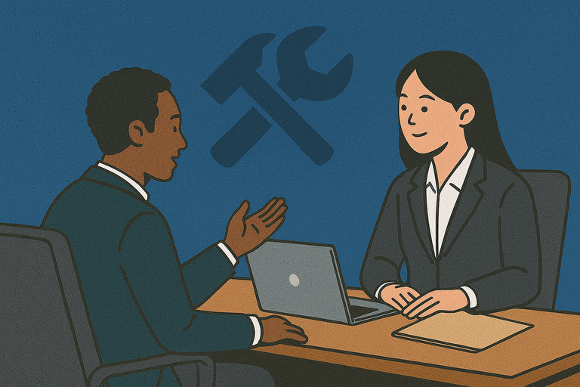
For confidential consultation regarding labor law protections for foreign workers in Korea, contact Pureum Law Office today.







